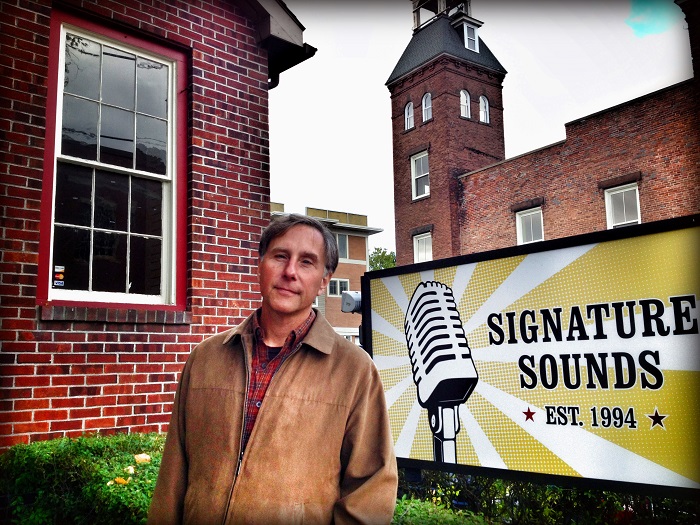
By Billy Rosenbeck
[W]ithin Lake Street Dive, there’s a joke that’s not really a joke. It’s that Jim Olsen, founder and President of Signature Sounds Recordings, is the band’s dad. “Because of all the support he gave us when we were so infantile,” says Mike “McDuck” Olson, LSD’s guitar and trumpet player.
Today, Lake Street Dive is on the precipice of stardom, and like a proud father would, Jim Olsen has a vinyl copy of the band’s breakthrough record sitting high on a shelf in his office.
That record, Bad Self Portraits is Signature Sounds’ biggest seller of the year—its biggest seller in several years, in fact—which is a credit to LSD, who (like all Signature Sounds artists) were given total creative freedom. The result is a seamless collection of thoughtful, hand-crafted pop, an album that feels big and complete in an era when albums often aren’t. The sound is infectious, like a Stax recording updated for millennials, like if Amy Winehouse wrote Wilson Pickett’s “In the Midnight Hour.”
But for all the band’s effort and skill, the thing they credit most is Jim Olsen’s “willingness to let go.”
“Jim was like, ‘Can’t wait to hear it,’ washed his hands of the process, and trusted we would do something we were proud of, that would be fun, and that he would enjoy when it was all over.”
Signature Sounds’ hands-off approach proved fruitful. Since releasing the album in February, LSD has appeared on The Colbert Report, the Late Show With David Letterman, The Ellen DeGeneres Show and Conan. They’ve played to sold-out audiences across the US and Europe, and are, according to Rolling Stone, “this year’s best new band.”
For LSD, it has been a whirlwind year of “a million tiny moments,” according to McDuck. He quipped that he needs to start keeping a diary: “Otherwise, I’m going to end up not remembering anything but my bunk on the bus. There are just so many damn things.” For Signature Sounds, the album has been the richest blend of critical and commercial success the label has seen since working with Josh Ritter in the mid-2000s.
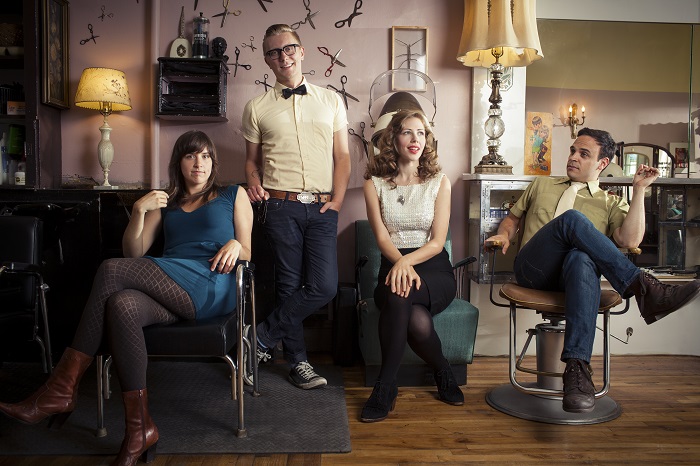
But supporting the up-and-comer has proven a sizable undertaking for a label that, until three years ago, was headquartered in the basement of the house where Olsen and his actual family live.
“When [Bad Self Portraits] came out, it was a little bit scary,” said Olsen. “It was like, How’s this gonna go?”
Today, Olsen’s office is tucked into the back right corner of the former 19th century button factory that is now the Signature Sounds offices. Outside his door is the bullpen (although Olsen wouldn’t put it that way), where donuts, coffee and boxes of CDs scatter across a communal table. There are anywhere from two to five employees in the office at any time, and there’s a distinct feeling in the room that this operation has been fueled by coffee and donuts for the last several days, weeks and months, not just today.
It was a week before Thanksgiving, and eight days before the start of the Signature Sounds 20th Anniversary Celebration, when the label Olsen founded two decades ago will host four concerts over three days (November 28-30) at the Academy of Music in Northampton, MA.
In line with the holiday, the 20th Anniversary Celebration will be a family reunion of sorts, a moment to bring together the artists that have helped a small label from western Massachusetts survive in an industry where most others fail. Starting Friday, acts including Chris Smither, Peter Mulvey, Kris Delmhorst, Eilen Jewell, and Crooked Still will overrun Signature Sounds’ Northampton home, playing back-to-back-to-back over the course of 72 hours. The preparation is hectic, but the payoff will be memorable—like when any family gets together.
On Sunday night, the celebration will end—and crescendo—with LSD, the band whose celebratory sound has, according to Olsen, helped make Signature Sounds’ 20th year their “best ever.”
With Olsen in his office, he pulled up a YouTube video that a friend sent him in August 2009: it’s LSD playing “Hello? Goodbye!” on a jungle gym. The video was the first time he’d ever seen the group perform.
“There was just something about it,” he said.
While the public eventually caught on to this “something” (today, the video has 117,000 views, which pales in comparison to the 2,500,000 views of the group’s “I Want You Back” cover), at the time, the video was only a promise of the catchy, soul-infused pop that would propel the group off the jungle gym and into the national spotlight.
After first watching the video, Olsen found his way to a dive bar in Turners Falls, MA, where he watched LSD play to an audience of six people, three of whom he brought with him.
“[Our] relationship with Signature Sounds started before Lake Street Dive was worth anyone’s attention,” McDuck recalled. “Jim saw something in us before we even saw something.”
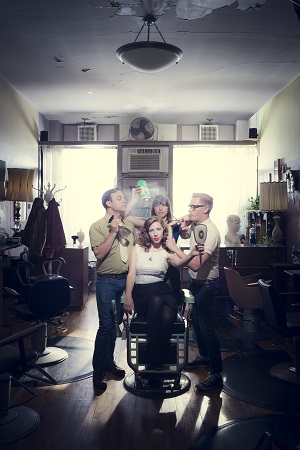
The label signed the band in 2010, released their self-titled EP in 2011 and the Fun Machine EP, where the “I Want You Back” cover was born, in 2012. When LSD went full-time just before the recording of Bad Self Portraits, Signature Sounds increased its investment in the band, attempting to build upon the promise they’d shown as a part-time outfit.
“About two years ago, we said, ‘If we’re gonna do this, we gotta do it. And it’s gonna suck to quit the other bands we love, it’s gonna be a bummer to be away from home all the time, but if this band is going to realize its potential, then that’s the sacrifice we have to make.’ We have made that sacrifice, and we’re continuing to make that sacrifice. But we’re also seeing major payoffs,” said McDuck.
Those payoffs largely started during the recording sessions for Bad Self Portraits in 2012. Recording at Great North Sound Society in rural Parsonsfield, ME, the band was without cellular service. But somewhere in that week-long recording session, the “I Want You Back” video went viral. On the ride home, as service returned, texts and e-mails started rolling in, informing the band of the news.
“Once [that] went viral, it was obvious the band was going to take off,” said Olsen. “It was just a matter of time.”
Olsen started Signature Sounds in 1994 as a side project to his radio career. He went full time in 1997, and from its inception, the commitment was to “help develop careers of young artists,” in a way that majors, who are looking for something pre-packaged and ready-for-market, do not.
“We’re interested in making great records, whether or not they’ll be big sellers,” Olsen said matter-of-factly.
It would be 14 more years before he would move the label’s offices from his basement to the former button factory, because of the label’s conscious decision to, as Olsen put it, “stay small by choice.” That scale has allowed Signature Sounds to adapt to the changing demands of the music industry, especially in the shift from physical to digital.
In the days of physical CDs, a breakout record like Bad Self Portraits could bankrupt a small label that would have to produce physical product and pay for retail space beyond their budget. In the digital era, however, where music sales are a “low risk, low reward” proposition, Signature Sounds is capable of handling LSD’s breakout. Still, in the quiet moments of his office, Olsen showed his age, as he softly lamented the death of the physical album and the notion of entering a world of “music without artwork.”
It seems that, beyond its transcendent sound, the totality of Bad Self Portraits makes it special, makes it a call back to Signature Sounds’ early days—the packaging, the production value, the cover art of a band in front of a fireplace in a Victorian living room: bassist Bridget Kearney standing at the side of drummer Mike Calabrese’s armchair; Rachael Price in a chair of her own, McDuck over her shoulder.
Like any good father, Olsen is proud, but he’s also wise. He knows that, someday, the kids will grow up and leave home.
“Our reality is that our most successful artists could leave for a major label eventually,” he said. “That means that we’ve done our job really well.”
Today, Signature Sounds is home, and the 20th Anniversary Celebration allows for the family to be together again, but who knows for how long, as the major labels are circling.
“We’re not the only ones paying attention [to this year],” said McDuck. “We’ve been approached many times over. But if and when we move on, we promised one another [that one thing] will never change: Jim Olsen will forever be Lake Street Dive’s dad, whether that’s a joke or not. We’re pretty serious about it.”








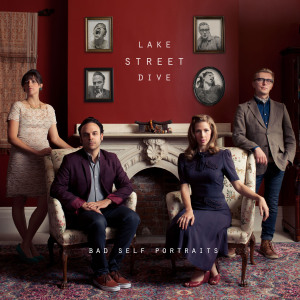
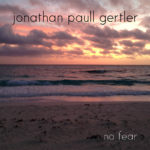
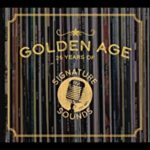

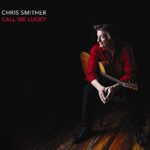

What a wonderful article on Signature Sounds, Lake Street Driveand Jim Olsen!! Mr. Rosenbeck beautifully captured the special relationship between them and the uniqueness of Signature Sound.
Great story,
“Fairy tales can come true
It can happen to you i . . .
And if you should survive to a hundred and five
Look at all you’ll derive out of bein’ alive.”
great to see the “Sound of the Valley” getting out to the rest of the world in a big way… huge congrats to Lake Street Dive and Jim & the crew!
[…] 2012, Signature Sounds Recordings moved from founder Jim Olsen’s basement and into the converted button factory, which has become […]